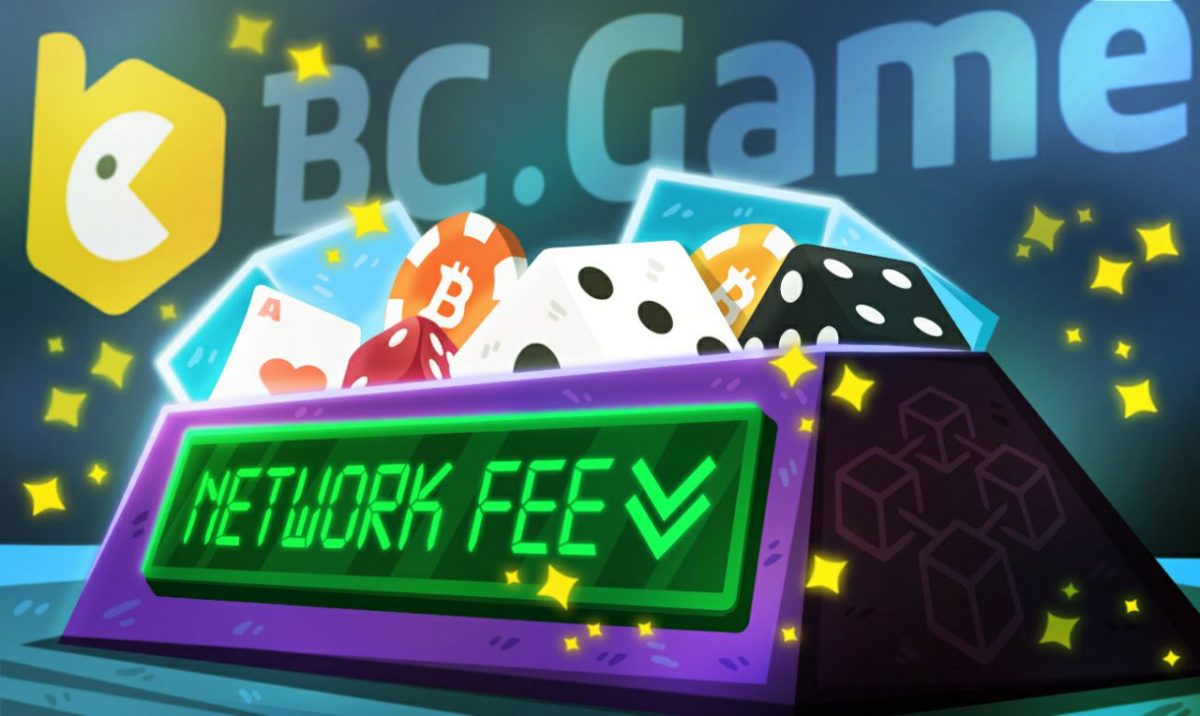Blockchain is disrupting almost every facet of our lives, from finance to ownership, gaming, and much more. The high transaction fees are creating a lot of chaos for crypto gamers. Some of the best crypto games with provably fair mechanisms have emerged through this technology. Anchoring on distributed ledger technology, these games have enjoyed immense success. Still, in the middle of the blockchain boom, projects launched from leading platforms are also faced with challenges. Notably, in the wake of DeFi, gamers no longer have the incentive to punt and place wagers on popular Bitcoin gambling games because of the prohibitive on-chain transaction fees.
High Fees Discouraging Playing of Crypto Gambling Games
The blockchain is an autonomous self-auditing juggernaut with incentives to network participants. In networks like Ethereum, miners’ work is to ensure that every transaction posted is valid and compliant with network rules. For every confirmed block, the miner receives transaction fees related to that transaction and a block reward. The problem with this model is that how much fees a network user pays is directly proportional to demand.
Therefore, in peak demands like now, users don’t have an option but to pay high transaction fees to trustless post a transaction. Transaction fees in Ethereum, an option for gamers, are roughly $3. For most, it doesn’t make sense, a discouragement to even dabble with crypto gambling games in the first place. And here’s why. Blockchain games like the Bitcoin Crash Game are different because the underlying technology gives the gamer control. Herein, transactions can be posted and tracked. Winning can also be disbursed and viewed on-chain.
Effects of High Transaction Fees on Blockchain Games
However, since games run on the blockchain rails and are included in blocks to be provably fair, fees must be paid towards that end. Therefore, even the most basic blockchain game could have minimum maintenance costs. With many moves to be made by a gamer, they can end up racking up considerable costs exceeding profits nullifying the economic sense of using the blockchain. Presently, the rise of DeFi is blamed for transaction fees spiralling out of control in platforms such as Ethereum. DeFi is financially liberating for users who are tired of traditional finance.
Through protocols allowing trustless swapping, lending, and derivatives trading, there are opportunities for token holders to earn passive income and improve their financial situations. DeFi investors who are also avid gamers can accumulate whenever they use a gaming platform like BC.Game that supports the deposit and withdrawal of such potent tokens. In the height of DeFi, BC.Game already supports UNI and LINK and plans to add more as more innovative protocols are launched from the Ethereum network.
Mitigation to Spark Demand
While high transaction fees remain a problem, there are various solutions to mitigate the effects of high transaction fees for the benefit of other sub-sectors outside DeFi. The focus now lies on blockchain gaming since gaming interaction is highly dependent on on-chain fees. The higher they are, the more discouraged gamers are, and the more they will permanently switch to centralised solutions. Away from Ethereum, delegated Proof-of-Stake (dPoS) systems are finding use and explaining the high adoption rates in networks with such algorithm consensus.
Platforms like EOS and Tron are popular among gamers because, in their settings, transaction fees have been chopped to negligible levels encouraging the adoption and proliferation of gaming ecosystems within their network. Here, gamers do play for free even with the presence of heavy DeFi platforms. The problem is that the developer, staking the requisite coins, ends up paying. The Ethereum network, whose ecosystem BC.Game lists several high-impact DeFi tokens like UNI, plans to adopt a variant of dPoS and incorporate scaling solutions to slash transaction fees drastically. Ultimately, this will encourage balanced growth across Ethereum, and more use cases will sprout.
BC.Game Runs a Bitcoin Lightning Node
On the other hand, blockchain gaming platforms are taking the initiative to enhance their clients’ experiences. BC.Game, for instance, runs a Bitcoin Lightning node (LN). The LN is a scaling solution designed to solve the high transaction fees in Bitcoin and enable users to send and receive BTC instantaneously. By running an LN node, BC.Game is technically a LAPP, an application running in the LN for the direct benefit of the gamer.
Every gamer can easily deposit and withdraw their BTC winnings via the LN while incurring near-zero transaction fees. Besides, there are options not only from the variety of games on offer like Black Jack, Baccarat, Keno, and Hash Dice but also BC.Game supports other coins apart from BTC, ETH, and DeFi tokens. Gamers can deposit and accrue winnings in coins like LTC, DOT, and BSV. Their respective networks are characterised by extremely low transaction fees, several folds lower than those in Ethereum and Bitcoin.













